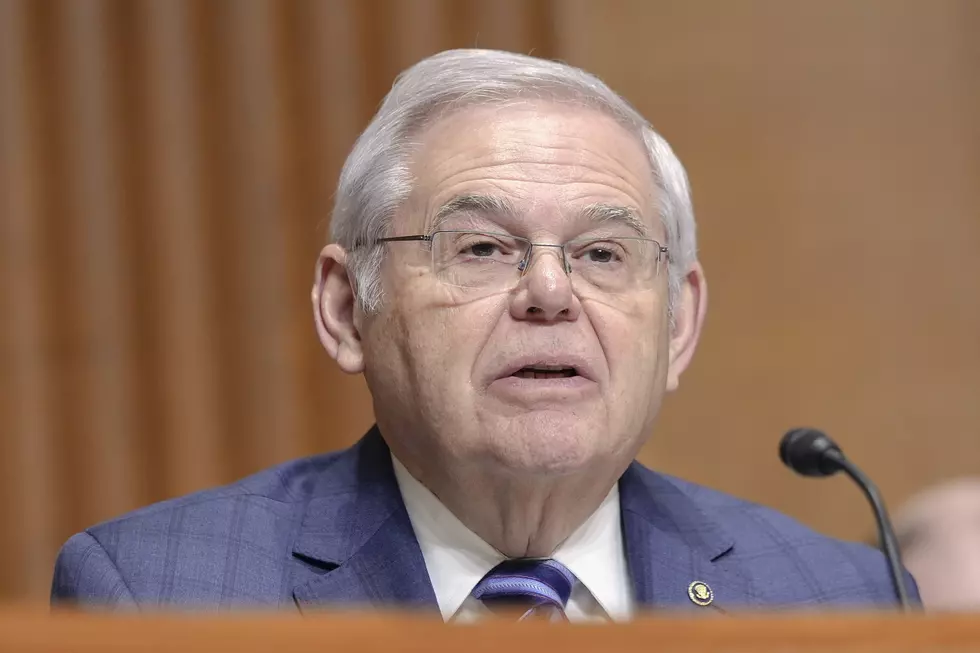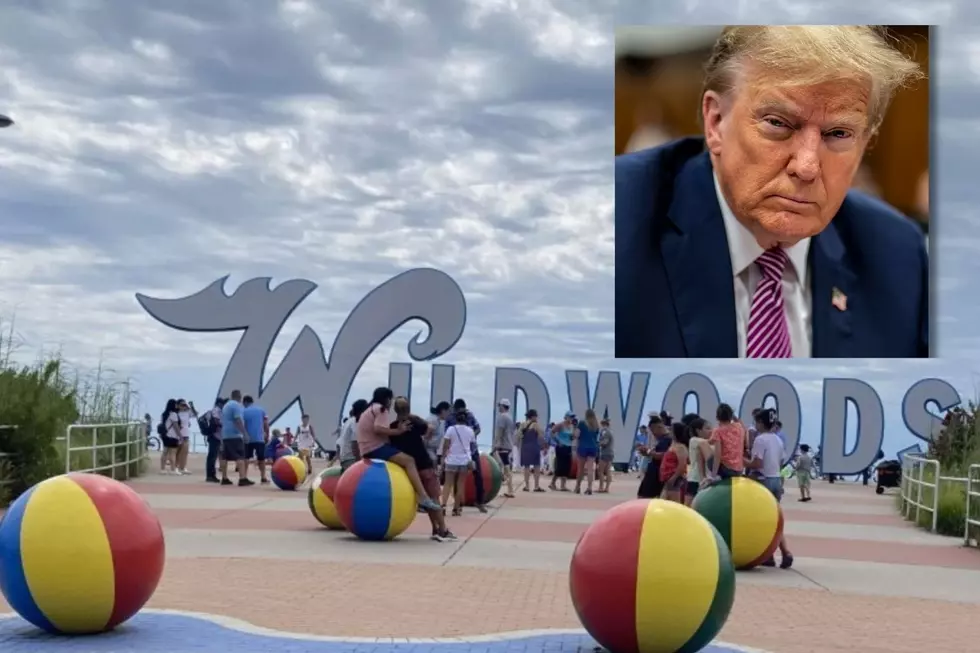
Estate tax debate – much heat over a tax that less than 1 percent pay
WASHINGTON (AP) -- The federal estate tax inspires a lot of heated political rhetoric for a tax that very few people actually pay.
The House is scheduled to vote this week on a bill to repeal the estate tax, part of a package of bills highlighting Wednesday's deadline to file income tax returns.
The federal tax on estates has been around in various forms since 1916. Republicans have long called for repealing it; they refer to it as the "death tax." They claim it prevents small business owners and family farmers from passing businesses on to their heirs.
Democrats say repealing the tax is a giveaway to the rich, since the only families that pay it have many millions in assets.
The bill has little chance of becoming law. Senate Democrats appear to have enough votes to block it and President Barack Obama wants to increase the estate tax, not eliminate it. Nevertheless, the House is expected to easily pass the bill, providing both political parties with a campaign issue in the 2016 elections for Congress and president.
THE CLAIMS: "The death tax is the wrong tax at the wrong time and hurts the wrong people. It's the number one reason why family-owned businesses aren't passed down to the next generation. It is Washington's most immoral and calculated attack on the American Dream." -Rep. Kevin Brady, R-Texas, sponsor of a House bill repealing the estate tax.
"For too long the federal government has forced grieving families to pay a tax on their loved one's life savings that has been built from income already taxed when originally earned. Currently more than 70 percent of family businesses do not survive to the second generation, and 90 percent of family businesses do not survive to the third generation." -Sen. John Thune, R-S.D., sponsor of a Senate bill repealing the estate tax.
"One of the laws that my friends on the other side of the aisle are trying to pass right now is a new, deficit-busting tax cut for a fraction of the top one-tenth of 1 percent. That's fewer than 50 people here in Kentucky who would, on average, get a couple million dollars in tax breaks." -Obama, speaking April 2 in Louisville.
THE FACTS: The federal tax rate on estates is 40 percent, but big exemptions limit the share of estates that pay it to fewer than 1 percent.
This year, the exemption is $5.43 million for a single person. Married couples can exempt up to $10.9 million. Larger estates pay taxes only on the amounts above these thresholds.
A total of 5,400 estates are expected to pay the tax this year - out of about 2.6 million deaths, according to the nonpartisan Joint Committee on Taxation, which provides official estimates for Congress. That's 0.2 percent of all deaths in the U.S.
The exemption amounts increase with inflation, so the number of estates paying the tax each year is expected to grow slowly, reaching 5,500 in 2020 and staying there through 2024, according to JCT.
Each year, the estate tax generates less than 1 percent of federal tax receipts. But over time, it adds up.
Repealing the estate tax would reduce federal tax revenues by $269 billion over the next decade, according to JCT. The House bill does not include spending cuts to offset the lost revenue, so it would be added the deficit.
BACKDROP: Republicans say that some business owners get hit with the tax because they have valuable assets that don't necessarily generate a lot of cash. They cite family farms, which may sit on valuable land but don't generate enough money to pay hefty estate taxes unless heirs sell some or all the land.
"The appreciated value of land is phantom income. The value is locked in the asset, so if there's no intent to sell the land, there's no real income to tax other than the income the land actually produces, and that's already taxed," said Sen. Charles Grassley, R-Iowa.
Democrats counter that eliminating the estate tax would enable investors to amass vast sums of wealth that might never be taxed as long as they held it until they died and passed it to their heirs, who could receive it tax-free.
"The principle here is not to create a permanent aristocracy," Rep. Richard Neal, D-Mass.
© 2015 The Associated Press. All rights reserved. This material may not be published, broadcast, rewritten or redistributed. Learn more about our Privacy Policy and Terms of Use.
More From New Jersey 101.5 FM









